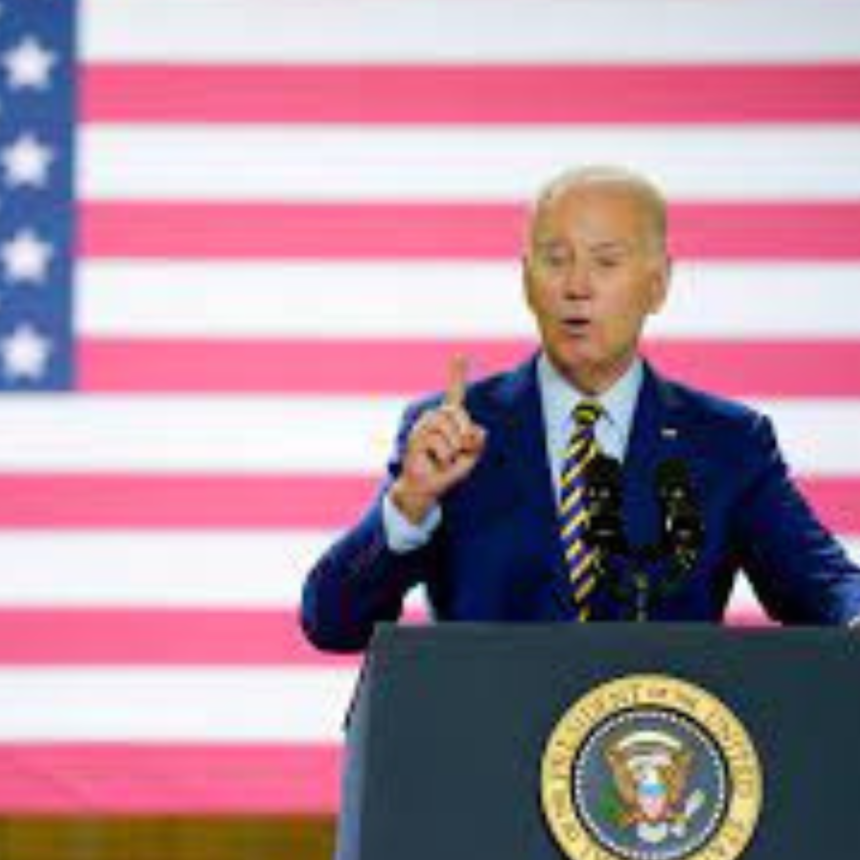U.S. President Joe Biden has touched down in London, where discussions regarding Ukraine’s potential NATO membership are set to take center stage. As Ukraine seeks closer ties with the alliance, countries are deliberating the nation’s readiness for NATO integration. President Biden’s visit marks a significant moment in shaping the future of Ukraine’s aspirations and the stability of the region.
The issue of Ukraine’s NATO membership has garnered attention due to its potential geopolitical implications. Ukraine has long expressed its desire to join the alliance as a means of ensuring its security and countering Russian aggression. However, the decision to admit new members into NATO requires careful consideration of various factors, including political stability, military capabilities, and alignment with the alliance’s values and principles.
President Biden’s arrival in London underscores the importance of these deliberations. The United States, as a key NATO member, wields considerable influence in shaping the alliance’s policies and expansion plans. President Biden’s stance on Ukraine’s NATO membership is eagerly awaited, as it will provide crucial insights into the U.S. position on the matter.
While Ukraine has made significant progress in its reform efforts, challenges remain. Corruption, weak institutions, and ongoing conflicts, particularly in eastern Ukraine, are among the hurdles that need to be addressed. The Biden administration has repeatedly stressed the importance of Ukraine continuing its path of reform and strengthening its democratic foundations before NATO membership can be seriously considered.
The discussions in London will involve key NATO members, including Germany, France, and the United Kingdom. These countries, along with others, will assess Ukraine’s readiness for membership and weigh the potential strategic implications of such a move. The decision is not only about Ukraine’s future but also about the stability and security of the wider region.
Russia’s response to Ukraine’s NATO aspirations is also a critical factor in the equation. The ongoing conflict in eastern Ukraine, with Russian-backed separatists, has heightened tensions between Russia and the West. Any decision regarding Ukraine’s NATO membership will undoubtedly have repercussions on the delicate balance of power in the region.
President Biden’s visit to London provides an opportunity for bilateral discussions with leaders from NATO member states, including British Prime Minister Boris Johnson. The talks will serve to align positions, evaluate Ukraine’s progress, and determine the way forward. The United States remains committed to supporting Ukraine’s sovereignty and territorial integrity, but the decision on NATO membership requires a comprehensive assessment of both Ukraine’s preparedness and the potential consequences.
As discussions unfold, it is crucial to strike a balance between the aspirations of Ukraine and the strategic interests and stability of the region. The outcome of these deliberations will shape the future relationship between Ukraine and NATO and have broader implications for the security architecture in Europe.
In conclusion, President Biden’s arrival in London for discussions on Ukraine’s potential NATO membership highlights the importance of carefully assessing Ukraine’s readiness for integration. The decision requires considering political stability, military capabilities, and alignment with NATO’s values. The outcome will have significant implications for Ukraine’s security and the wider region. As key NATO members deliberate, finding the right balance between Ukraine’s aspirations and regional stability will be paramount.
